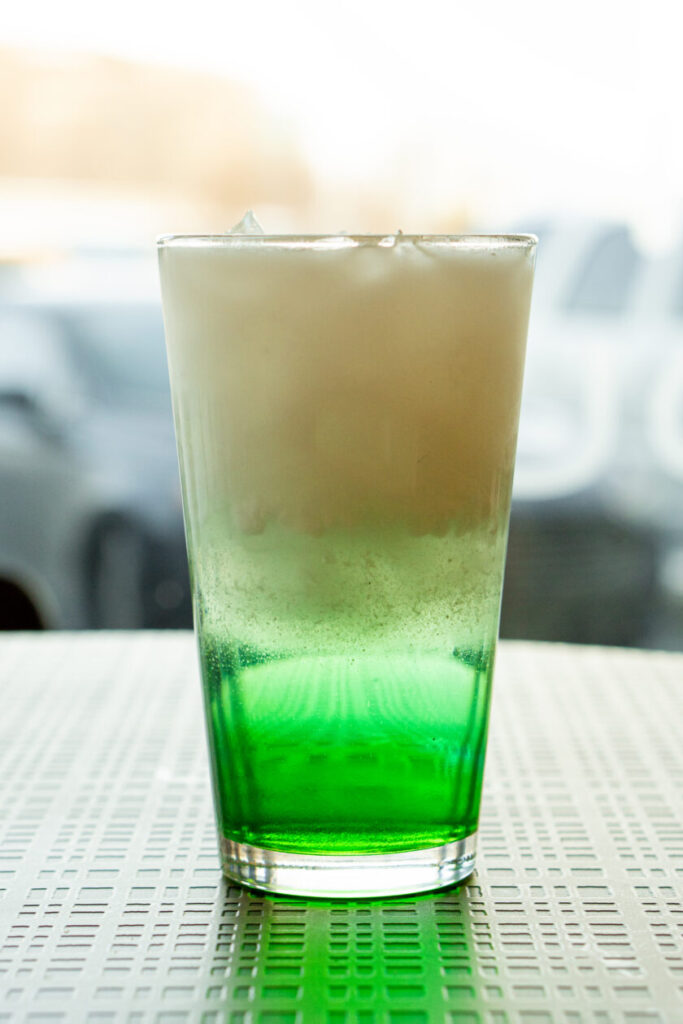Caffeine is everybody’s favorite pick-me-up, whether early in the morning, in the middle of the day, or by the end of the night, depending on when you need that extra energy boost. Most people prefer coffee as their favorite caffeine dose, while others prefer an energy drink, a cola drink, or a strong cup of tea. Regardless of which caffeine is their favorite, it is worth knowing the benefits and side effects of caffeine and all the different kinds of caffeine alternatives available to us.
What Is Caffeine?
Caffeine is a natural stimulant that works by triggering the central nervous system. It raises blood pressure and also causes an increase in urine output. Caffeine has been found to positively affect people suffering from migraines, athletic performance, low blood pressure, obesity, asthma, and depression. However, caffeine should be consumed in controlled amounts, preferably because it can cause insomnia and anxiety in people who are more caffeine-sensitive or who consume large amounts of it.
What Are Caffeine Alternatives?
Most people consume coffee for their daily caffeine boost. There are other foods that contain caffeine and make for good substitutes for coffee. These include chocolate, energy drinks such as lotus and red bull, and certain kinds of tea. People also consume caffeine pills for a strong and more potent dose.
Here’s a list of caffeine alternatives:
Healthy Caffeine Alternatives
Here is a list of some healthy alternatives for caffeine:
Ginseng
It is brewed and consumed like tea and is very popular in China and Korea and is known as an ‘energy replenishing tonic.
Berries
Blueberries have an intense flavor, are naturally sweet, and are rich in fiber. These can give you an instant boost of energy that is long-lasting and helps you feel full for longer.
Nuts
Nuts are rich in nutrients and contain a well-balanced amount of proteins, fat, and carbohydrates that keep you energized for longer.
Carob
Carob works like insulin and helps keep you energized for a long time. It has been in use for a very long time and is known for its uses as a chocolate substitute. It is packed with nutrition and helps in digestion.
Chicory Root
Chicory root can be used as a coffee alternative and has many benefits, including aiding digestion and lowering blood sugar levels.
Water
Water is the ultimate energy booster and can immediately make you feel more alert and alive.
Red Bull
Red bull is a popular energy drink that is used by a majority of young adults worldwide. It is used for improving focus and providing an instant boost of energy. It is used by students during exam time, athletes before a big race, and adults working night shift jobs. It contains vitamin B, taurine, caffeine, and ginseng and while all these are good ingredients, too much of anything is not always good. Overdosing on caffeine can have severe side effects. It’s why it must be consumed in controlled amounts.
Different Kinds of Tea
Tea has many health benefits as it contains many antioxidants. Here are some kinds of tea you can replace with coffee:
Black Tea
Black tea contains about 50 to 90 mg of caffeine compared to coffee which has about 95 to 200 mg per serving.
Oolong Tea
Oolong tea is a popular tea variant found in china and contains about 35 to 50 mg of caffeine per 8 serving. It tastes similar to green tea, but its flavor varies depending on the way it is made.
Green Tea
Green tea is considered a mild stimulant as it contains less caffeine than black tea and coffee but more than white tea. The tea leaves are not completely oxidized as in black tea to preserve their green color and freshness. It brews to a greenish-gold hue and is enjoyed by many who want to reduce their caffeine intake but don’t want to eliminate it from their diet.
White Tea
White tea also originates from China and has the least caffeine, about 20-30 mg per serving. It has a soft and creamy texture and is the most delicate of all teas as it is the least processed.
Herbal Tea
Herbal tea includes ginger, chamomile, and peppermint varieties that contain no caffeine. Chamomile tea is a popular tea used to help calm people down and is usually taken before bedtime to help people sleep. These are in the form of roots, barks, and fruit from botanical trees with relaxing and healing properties.
Lotus
This plant-based energy drink contains about 80 mg of caffeine per serving. Lotus energy drinks are made out of cascara, a coffee fruit, lotus flower extracts, and green coffee beans. The lotus flower has been found to have many health benefits and has been used for its medicinal properties. It has similar uses to Redbull and is consumed by individuals for an instant energy boost.
However, it has healthier ingredients than Red bull and fewer calories. While red bull can be consumed directly out of its can, lotus drinks need to be dissolved in water, sparkling water, milk or tea, a flavored syrup of your choice, and a topping of your preference such as gummy bears or marshmallows. You can experiment with endless combinations are endless when preparing your lotus energy drink.
This drink is also available in many different types and flavors, so you can try different combinations with various flavored syrups to find your favorite recipe for this energy drink.
Conclusion
Caffeine is considered healthy as it has many health benefits. However, since it can raise your blood pressure and activate the central nervous system, people who suffer from hypertension, heart disease, pregnant and nursing mothers, and small children should steer clear of it.
Instead, they can try the caffeine alternatives widely available in the market. Moreover, people should check labels before purchasing energy drinks and other caffeine alternatives to ensure they are not consuming too much caffeine. It must also be remembered not to mix and consume caffeine such as coffee and energy drinks, as that can double its effects to dangerous levels.

